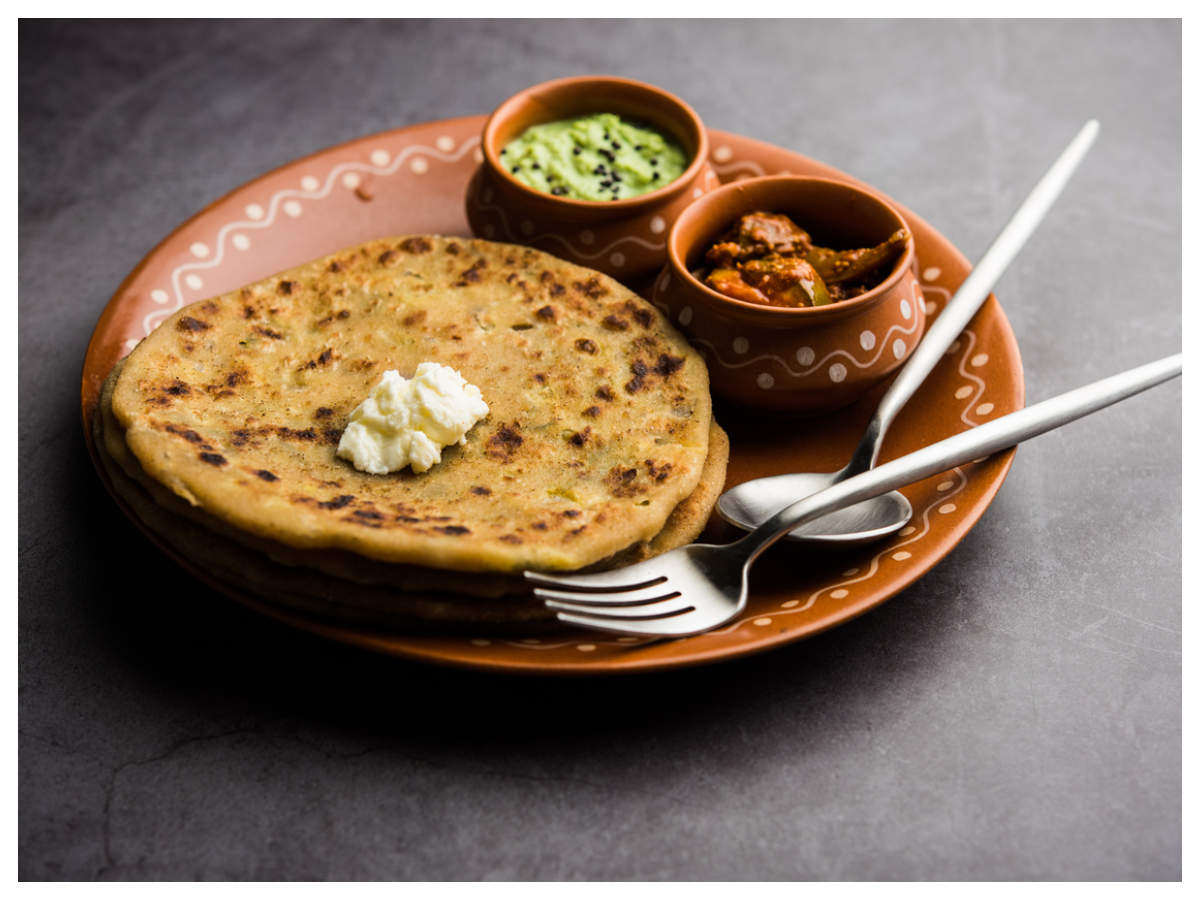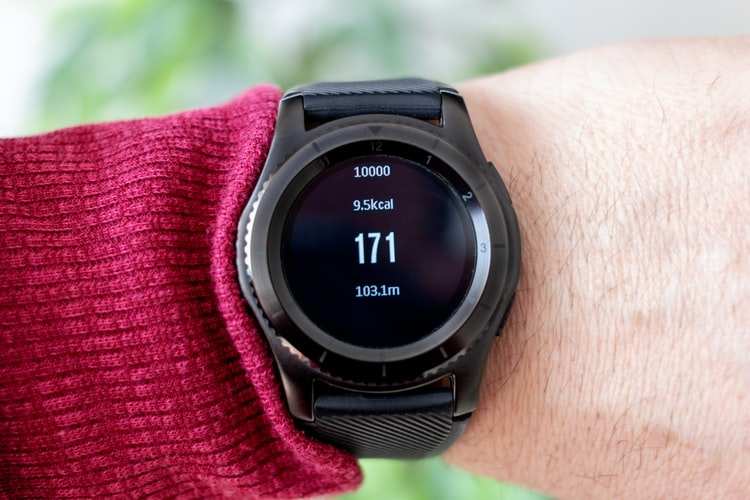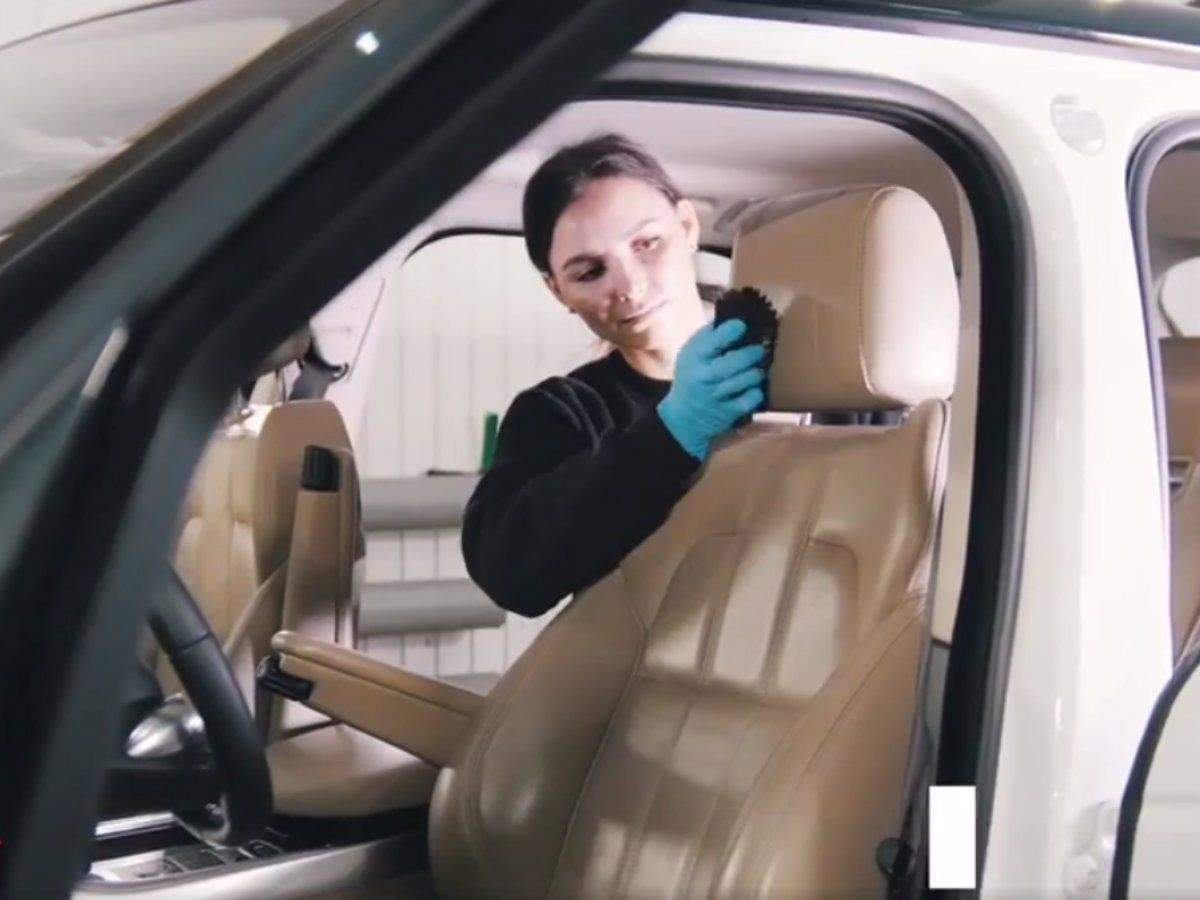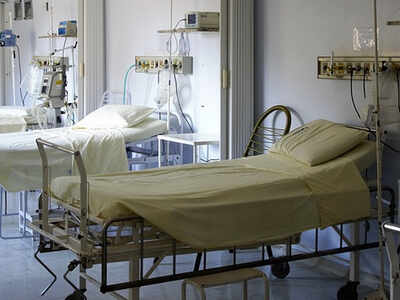
KOLKATA: “Last few days COVID CCU in our hospital is always full. Pre durga puja situation. Kolkata is waiting for more as the puja marketing shows,” says an anxious tweet on October 4 by Yogiraj, infectious diseases specialist at Beliaghata ID Hospital and one of the key strategists of Bengal’s Covid fight.
The post has found widespread resonance among medical experts with the dip in vacant Covid beds across city hospitals bearing out their apprehension that the situation is on the verge of spinning out of control. A spurt in the number of Covid positives from the third week of September has left all private hospital beds occupied and vacancies rare, lengthening the queue of patients waiting for admission. The wait is now 24-48 hours at some of the leading facilities. Doctors and experts warn that this delay itself could push up the number of casualties if there is a further spurt in spread post-Puja .
At the nine leading private hospitals across Kolkata, there has been no vacancy for patients walking in since September 16. An average of two-three patients get released from these hospitals daily but the queue for admission is five times the number. With only severe patients seeking admission now, recovery time and hospital stay are longer, lengthening the wait for those in the queue, say hospital authorities.
At AMRI Hopsitals, which has 250 Covid beds across its three units, a patient has to wait for at least a day before admission. The wait for a critical bed is longer and this has forced the hospital to refuse patients who require immediate life-support measures. “Vacancies are rarer at the ICU — one every 48 hours on an average. The wait for a non-critical bed is shorter at around 12-14 hours. Since we can’t ask critical patients to wait, they have to be turned away,” said AMRI CEO Rupak Barua. He added that AMRI had to refuse 110 critical patients in September.
“Vacancies are rarer at the ICU — one every 48 hours on an average. The wait for a non-critical bed is shorter at around 12-14 hours. Since we can’t ask critical patients to wait, they have to be turned away,” said AMRI CEO Rupak Barua. He added that AMRI had to refuse 110 critical patients in September.
None of the 162 Covid beds at Medica Superspecialty Hospital is vacant. Waiting time for a general bed is around a day here and for critical patients even longer. “While vacancies for critical beds have been rare for the last two months, we have seen a renewed scamper for general beds since mid-September. Even though we have a waiting list of around a dozen patients, several critical patients eventually have to settle for other hospitals since they can’t afford to wait,” said Medica chairperson Alok Roy.
The no-vacancy situation could turn out to be fatal for critical patients, which could see a spurt in the number of casualties as new infections rise, said Belle Vue internal medicine consultant Rahul Jain. “We are staring at an imminent surge with things returning to normal, and vacancies will get even rarer in the coming weeks. This could turn out to be costly for those who need immediate admission. Those who require high oxygen support can’t be asked to wait. Nor can these patients be managed at home or at any satellite facility. So, there is a risk of casualties rising now,” said Jain.
Another reason behind the spurt in the number of critical patients is that many moderate patients are delaying admission, feels AMRI Hospital consultant Debashish Saha. “They are prolonging their home treatment hoping to get better even with continuing breathing distress. These patients could now be left searching for beds,” said Saha.
The crisis has forced some hospitals to explore an expansion of capacity. Ruby General Hospital that has 60 beds, including 15 ICU beds, has been running full for the past few days. “We are working on augmenting the number of beds. We will be more definite about the number and category in about three to four days,” said Subhasish Datta, chief general manager, operations.
At Fortis Hospital, all the 63 beds, inclusive of 10 ICU and 9 HDU beds, are occupied at the moment. “Keeping in mind another peak in October that could sustain through November, we are planning to scale up the number of Covid beds,” said medical superintendent Arafat Faisal.
Apollo Gleneagles Hospital plans to add Covid beds but the hospital administration is working on ensuring sufficient manpower to cater to patients. All its 78 beds are now occupied. “We will be preparing a roster for all healthcare workers so that there is no gap in tending to patients,” said Syamasis Bandyopadhyay, consultant at Apollo.
Of the 113 Covid beds at Desun Hospital, 80 are designated as government’s Covid facility. All the 113 beds were occupied on Wednesday. “We can increase the number of beds in order to meet the rise in demand. But we need enough manpower and are weighing the feasibility,” said Tapan Mukherjee, deputy managing director at Desun.
The post has found widespread resonance among medical experts with the dip in vacant Covid beds across city hospitals bearing out their apprehension that the situation is on the verge of spinning out of control. A spurt in the number of Covid positives from the third week of September has left all private hospital beds occupied and vacancies rare, lengthening the queue of patients waiting for admission. The wait is now 24-48 hours at some of the leading facilities. Doctors and experts warn that this delay itself could push up the number of casualties if there is a further spurt in spread post-Puja .
At the nine leading private hospitals across Kolkata, there has been no vacancy for patients walking in since September 16. An average of two-three patients get released from these hospitals daily but the queue for admission is five times the number. With only severe patients seeking admission now, recovery time and hospital stay are longer, lengthening the wait for those in the queue, say hospital authorities.
At AMRI Hopsitals, which has 250 Covid beds across its three units, a patient has to wait for at least a day before admission. The wait for a critical bed is longer and this has forced the hospital to refuse patients who require immediate life-support measures. “Vacancies are rarer at the ICU — one every 48 hours on an average. The wait for a non-critical bed is shorter at around 12-14 hours. Since we can’t ask critical patients to wait, they have to be turned away,” said AMRI CEO Rupak Barua. He added that AMRI had to refuse 110 critical patients in September.
“Vacancies are rarer at the ICU — one every 48 hours on an average. The wait for a non-critical bed is shorter at around 12-14 hours. Since we can’t ask critical patients to wait, they have to be turned away,” said AMRI CEO Rupak Barua. He added that AMRI had to refuse 110 critical patients in September.
None of the 162 Covid beds at Medica Superspecialty Hospital is vacant. Waiting time for a general bed is around a day here and for critical patients even longer. “While vacancies for critical beds have been rare for the last two months, we have seen a renewed scamper for general beds since mid-September. Even though we have a waiting list of around a dozen patients, several critical patients eventually have to settle for other hospitals since they can’t afford to wait,” said Medica chairperson Alok Roy.
The no-vacancy situation could turn out to be fatal for critical patients, which could see a spurt in the number of casualties as new infections rise, said Belle Vue internal medicine consultant Rahul Jain. “We are staring at an imminent surge with things returning to normal, and vacancies will get even rarer in the coming weeks. This could turn out to be costly for those who need immediate admission. Those who require high oxygen support can’t be asked to wait. Nor can these patients be managed at home or at any satellite facility. So, there is a risk of casualties rising now,” said Jain.
Another reason behind the spurt in the number of critical patients is that many moderate patients are delaying admission, feels AMRI Hospital consultant Debashish Saha. “They are prolonging their home treatment hoping to get better even with continuing breathing distress. These patients could now be left searching for beds,” said Saha.
The crisis has forced some hospitals to explore an expansion of capacity. Ruby General Hospital that has 60 beds, including 15 ICU beds, has been running full for the past few days. “We are working on augmenting the number of beds. We will be more definite about the number and category in about three to four days,” said Subhasish Datta, chief general manager, operations.
At Fortis Hospital, all the 63 beds, inclusive of 10 ICU and 9 HDU beds, are occupied at the moment. “Keeping in mind another peak in October that could sustain through November, we are planning to scale up the number of Covid beds,” said medical superintendent Arafat Faisal.
Apollo Gleneagles Hospital plans to add Covid beds but the hospital administration is working on ensuring sufficient manpower to cater to patients. All its 78 beds are now occupied. “We will be preparing a roster for all healthcare workers so that there is no gap in tending to patients,” said Syamasis Bandyopadhyay, consultant at Apollo.
Of the 113 Covid beds at Desun Hospital, 80 are designated as government’s Covid facility. All the 113 beds were occupied on Wednesday. “We can increase the number of beds in order to meet the rise in demand. But we need enough manpower and are weighing the feasibility,” said Tapan Mukherjee, deputy managing director at Desun.

Coronavirus outbreak
Trending Topics
LATEST VIDEOS
City
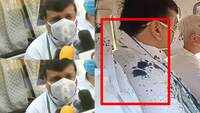 UP: Ink thrown at AAP leader Sanjay Singh after he met Hathras victim's kin
UP: Ink thrown at AAP leader Sanjay Singh after he met Hathras victim's kin 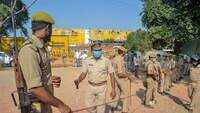 Hathras horror: UP Police file 19 FIRs, allege ploy to push state into turmoil
Hathras horror: UP Police file 19 FIRs, allege ploy to push state into turmoil 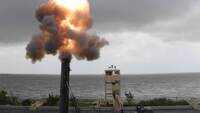 India successfully flight tests weapon system SMART from Wheeler Island off the coast of Odisha
India successfully flight tests weapon system SMART from Wheeler Island off the coast of Odisha  24-year-old Delhi man stabbed to death for resisting snatching bid
24-year-old Delhi man stabbed to death for resisting snatching bid
More from TOI
Navbharat Times
Featured Today in Travel
Get the app


